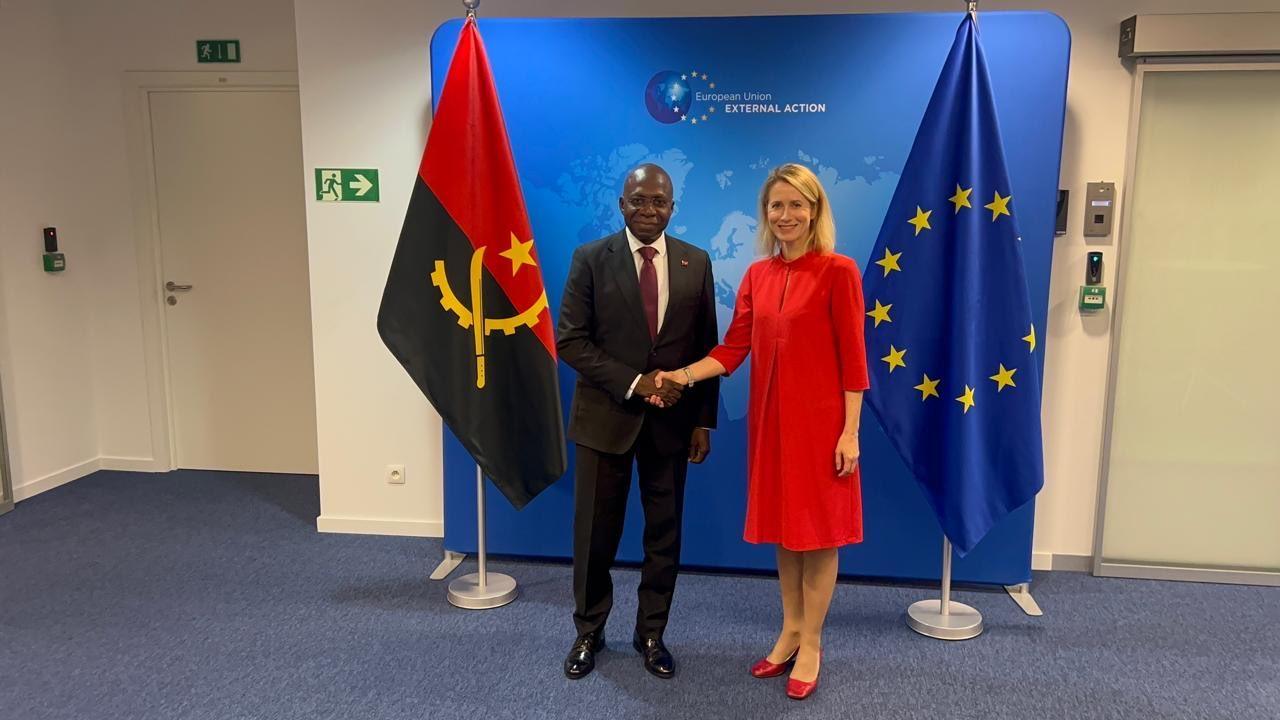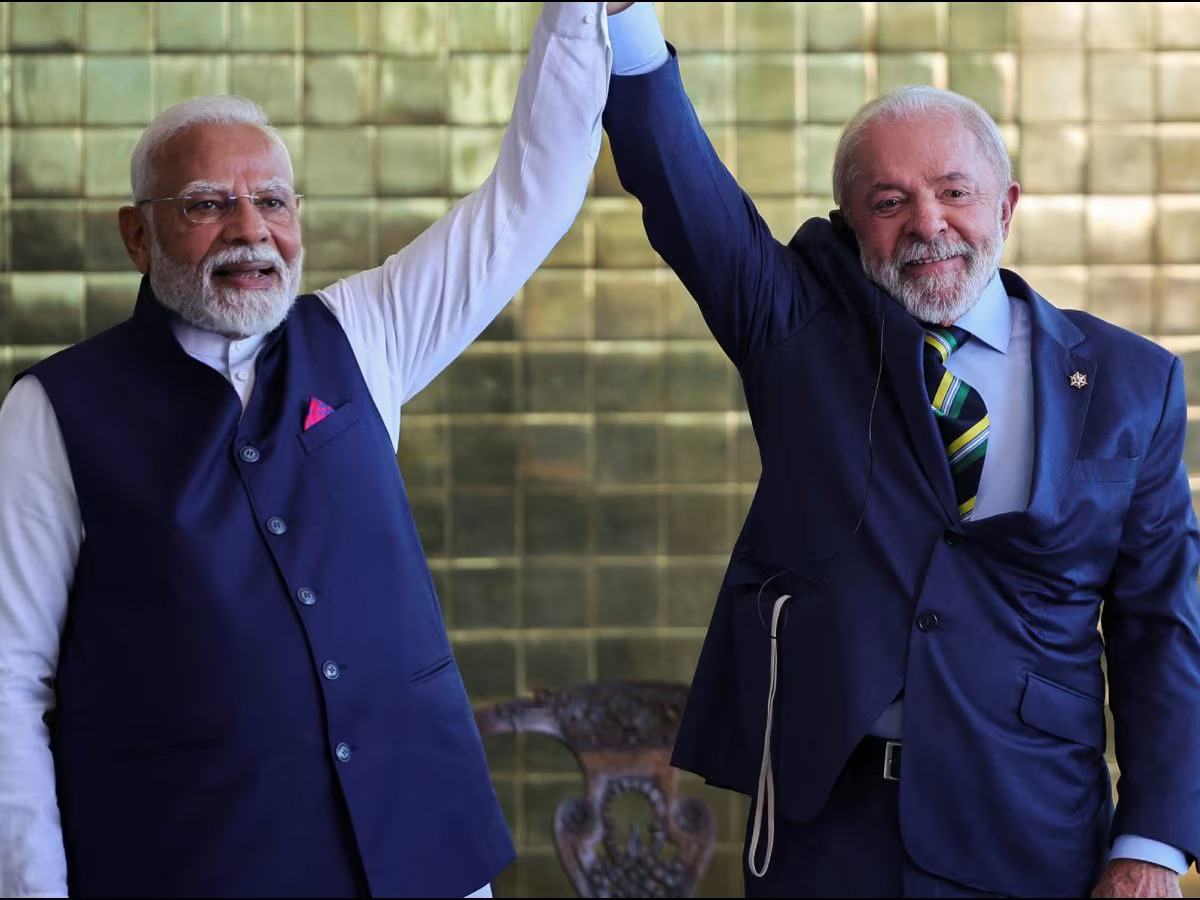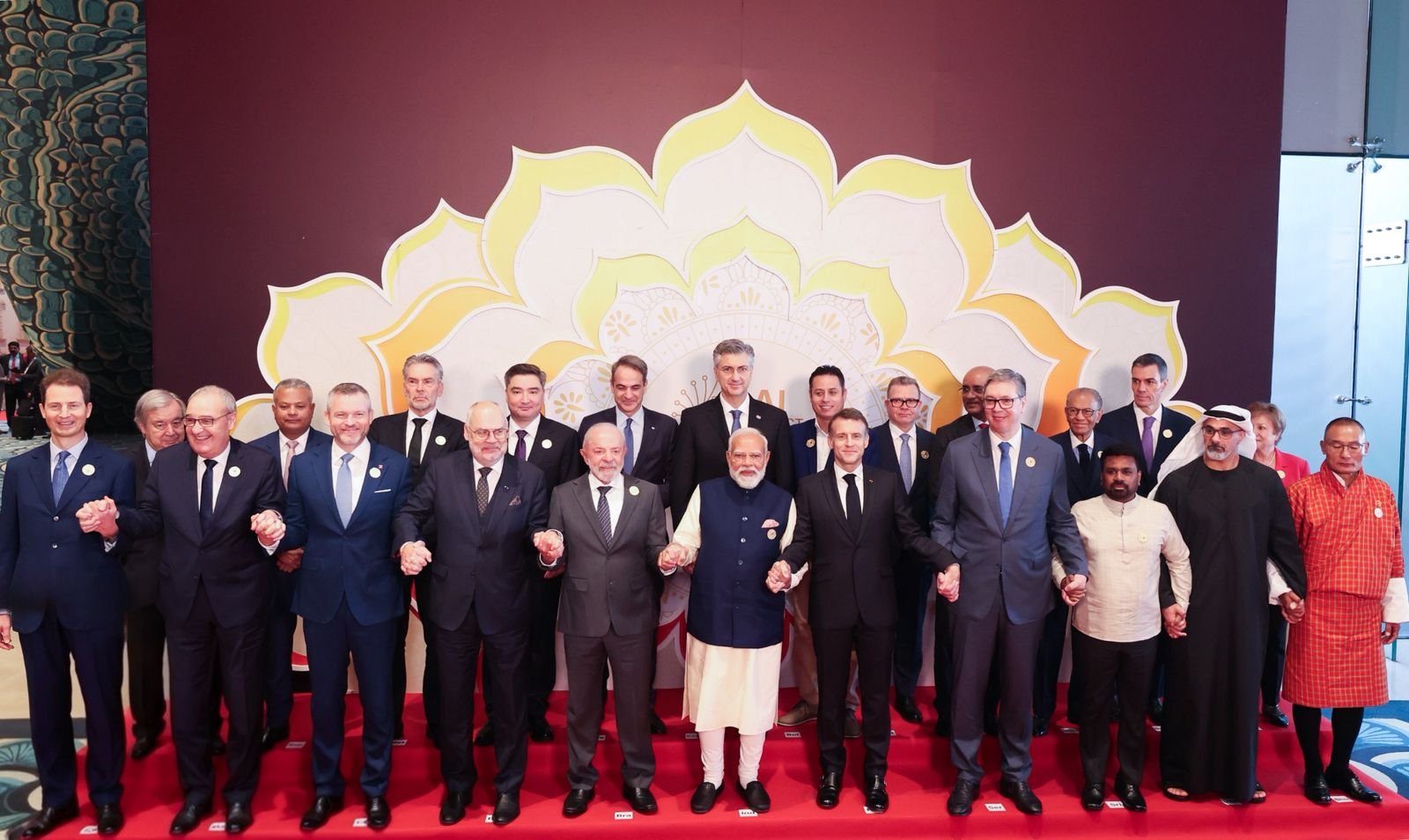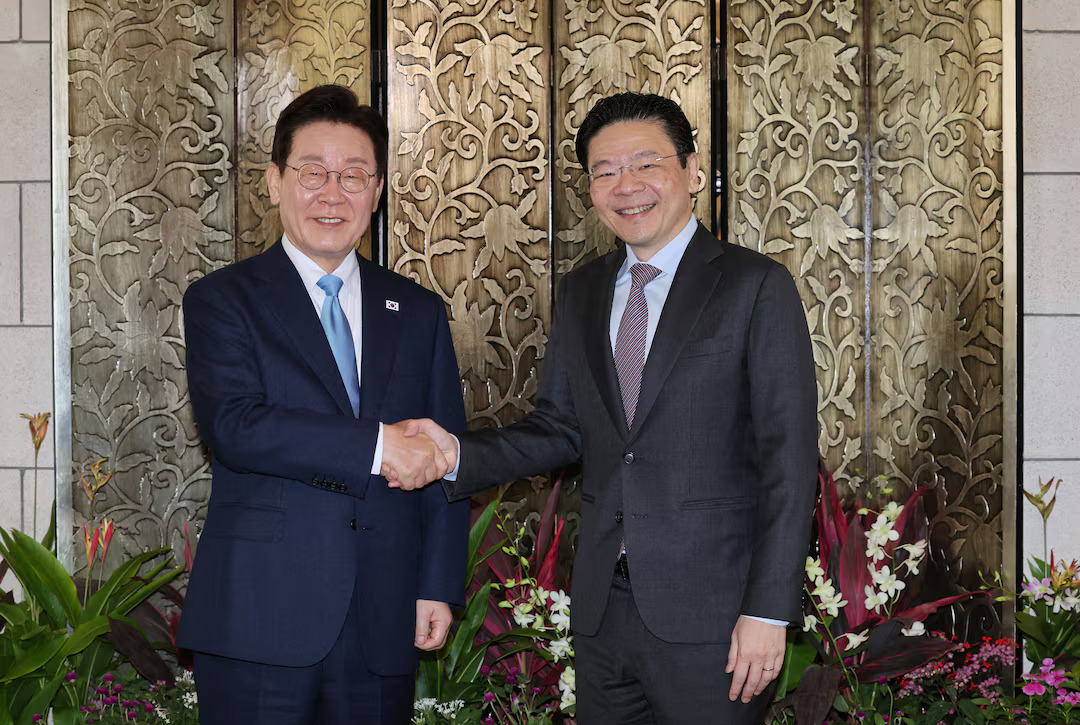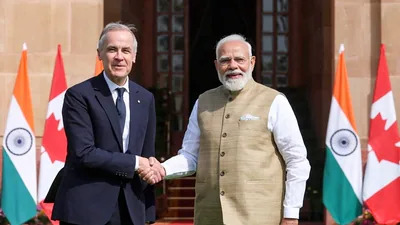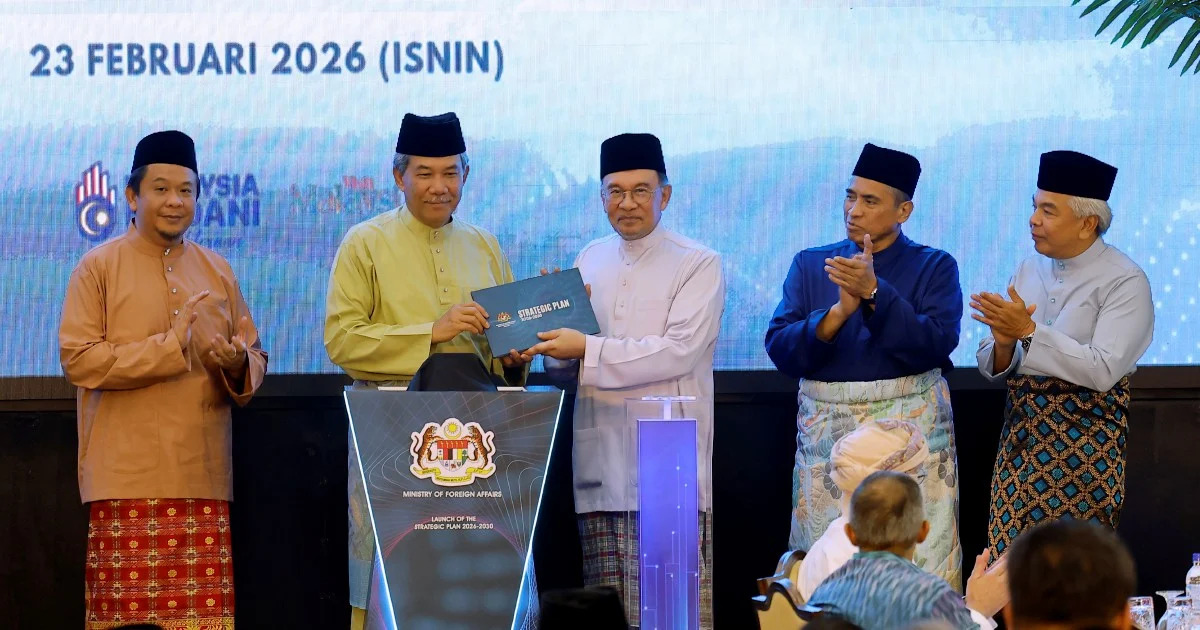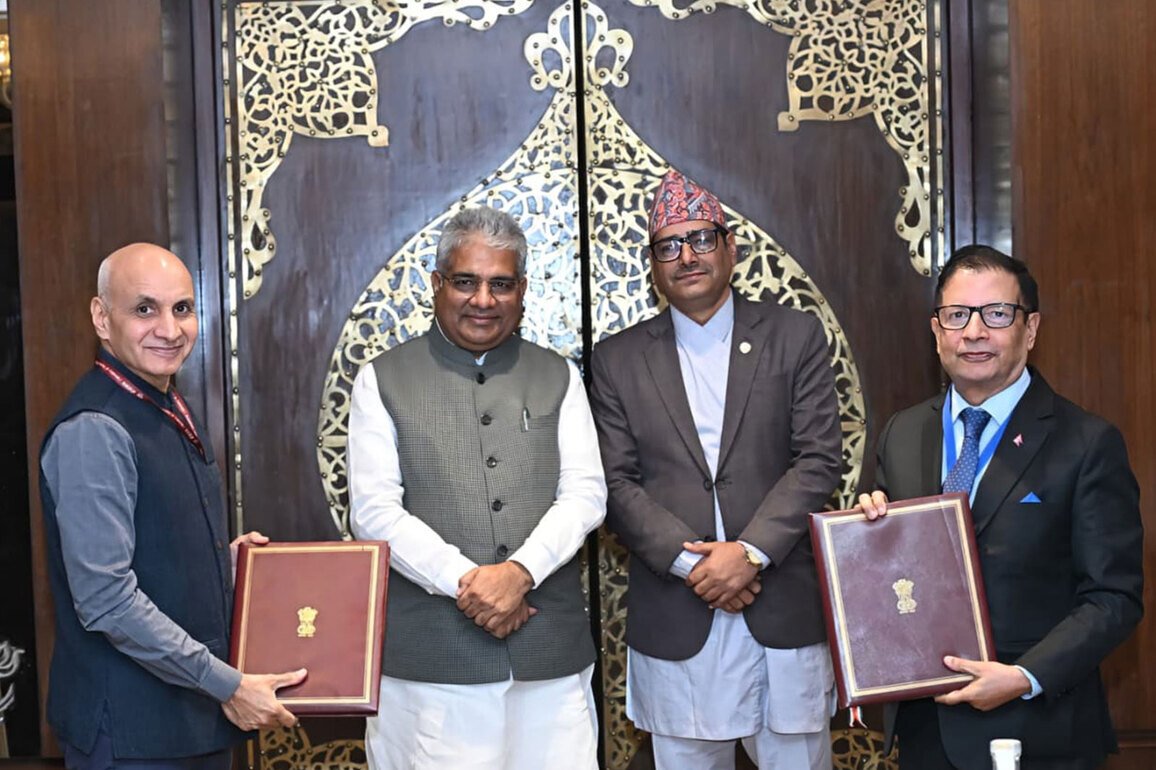This week, the island nation welcomed one of New Zealand’s top leaders to chart a stronger course for bilateral cooperation across critical sectors. Winston Peters, New Zealand’s Deputy Prime Minister and Minister of Foreign Affairs arrived in Colombo for a five-day official visit, meeting Monday with Sri Lanka’s Foreign Affairs Minister Vijitha Herath and today with President Anura Kumara Dissanayake at the Presidential Secretariat.
The visit underscores the steadily improving ties between the two nations, marked by the establishment of a New Zealand embassy in Colombo in 2021 and the opening a Sri Lankan embassy in Wellington earlier this year. Peters’ visit, which runs until Wednesday, reflects New Zealand’s growing interest in supporting Sri Lanka’s economic recovery and long-term development.
Expanding Economic Cooperation
In talks on Monday, Herath and Peters focused on broadening cooperation in trade, investment, agriculture, education, and tourism. “We explored expanding trade links, especially in high-potential sectors such as dairy, processed food, and fresh produce, and discussed improving market access for Sri Lankan products,” Herath told reporters after their meeting.
He praised New Zealand’s longstanding support for Sri Lanka’s dairy industry, calling it “transformational” for rural livelihoods. Despite efforts to expand and modernize its domestic dairy sector, Sri Lanka still produces only about 40% of its domestic milk and dairy needs, relying on imports—largely from New Zealand—to fill the gap. New Zealand, a global dairy powerhouse, exported $335 million worth of goods to Sri Lanka in 2024, with dairy products making up the lion’s share. By contrast, Sri Lanka exported $64 million in goods to New Zealand, including tea, coffee, apparel, and rubber products. Peters emphasized that the two countries are looking to reduce border red tape and increase Sri Lanka’s market access, enabling a more balanced trade relationship.
“We discussed the growing number of New Zealand companies working with and investing in Sri Lanka or looking to partner with Sri Lankan businesses,” Peters said, highlighting that such collaborations will benefit key sectors like tourism, agriculture, and healthcare.
Sri Lanka’s Struggle for Economic Recovery
Sri Lanka’s current economic challenges date back three years, when a combination of chronic mismanagement, the COVID-19 pandemic, and the aftermath of the 2019 Easter Sunday terror attacks triggered the country’s deepest financial crisis. By April 2022, Sri Lanka was forced to declare bankruptcy, burdened with over $83 billion in debt, more than half of which was owed to foreign creditors. The government secured a $2.9 billion, four-year bailout from the International Monetary Fund (IMF) in 2023, contingent on a sweeping debt restructuring process. By September 2024, Sri Lanka announced it had concluded negotiations with bilateral and multilateral creditors and private bondholders, seeking $17 billion in debt service relief to pave the way for recovery.
High-Level Meeting with President Dissanayake
This afternoon, Peters met with President Anura Kumara Dissanayake at the Presidential Secretariat. Congratulating Dissanayake on his recent victories in both the presidential and general elections, Peters conveyed warm greetings from the Government and people of New Zealand, reaffirming the enduring friendship between the two nations. Peters praised the progress Sri Lanka has made under Dissanayake’s leadership, noting the country’s recent strides in political stabilization, economic reform, and social development. “New Zealand recognizes Sri Lanka’s current trajectory as a promising foundation for sustainable growth and long-term development,” Peters said. He confirmed that Wellington remains committed to expanding financial support to bolster Sri Lanka’s recovery efforts.
President Dissanayake characterized Peters’ visit as “the beginning of a new chapter” in Sri Lanka–New Zealand relations. The President briefed Peters on the government’s priorities: fostering reconciliation, building national unity, and addressing the long-standing social divisions that have fueled conflict in the past.
Broadening Cooperation Across Sectors
In addition to trade, the two leaders discussed enhancing bilateral collaboration in agriculture, education, and tourism. Labour Minister and Deputy Minister of Economic Development Dr. Anil Jayantha Fernando and Senior Additional Secretary to the President Roshan Gamage also attended the meeting. Herath and Peters reiterated the importance of government-to-government cooperation, particularly between food safety and border agencies, to improve standards, streamline procedures, and unlock greater market access. They welcomed Sri Lanka’s application to join the Regional Comprehensive Economic Partnership (RCEP), a significant step toward deeper regional integration.
Vocational training also emerged as a key area of discussion, with both countries expressing strong interest in developing industry-aligned skills training programs for Sri Lankan youth. With over 1,200 Sri Lankan students already studying in New Zealand, Peters and Herath voiced their mutual desire to strengthen academic and institutional partnerships between the two nations. Security in the Indo-Pacific region and legal migration were additional topics on the agenda, reflecting a shared commitment to regional stability and managed migration pathways.
Looking Ahead
With New Zealand’s Fonterra already a major player in Sri Lanka’s dairy sector and the recent establishment of embassies in both capitals, Peters’ visit signals momentum in strengthening ties between the two nations. As Sri Lanka continues its journey of economic recovery and transformation, New Zealand’s vote of confidence—and pledge of continued financial and technical support—marks a significant diplomatic boost. Both countries appear poised to leverage their partnership not only for mutual economic benefit but also to foster a more resilient and interconnected Indo-Pacific region.


